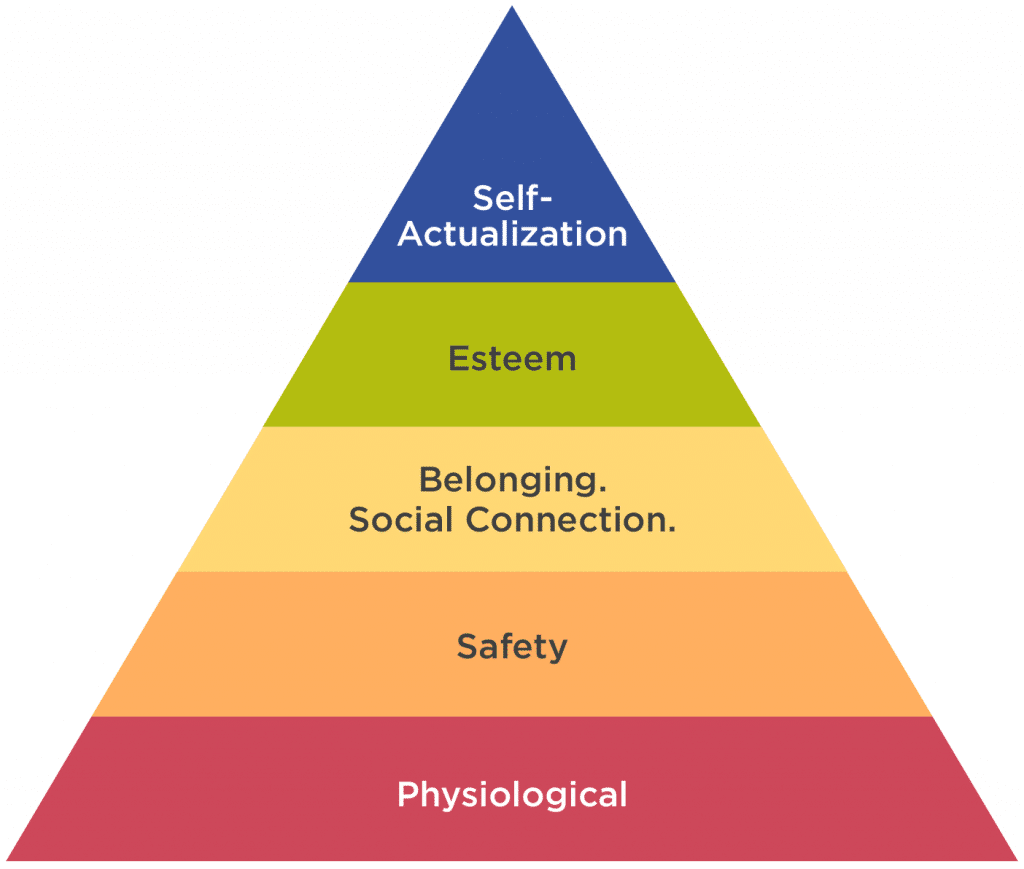
20 Jul Moving Beyond Burnout
Moving Beyond Burnout
In a world post-pandemic, burnout is a very real reality for many business leaders and executives. The last three years have been years of constant change, adaptation, unknowns, and chaos. It truly is not a surprise that many leaders are stepping down or going somewhere else that is more conducive to their mental health. Burnout can feel like you’re running on the spot, going nowhere. Or it can feel like you’re in sinking sand amidst all the tasks you need to do but lacking motivation. It can be a million different things, and that is what makes it hard to identify. While it can be hard to identify, there are many things you can do to begin moving forward again. It is okay to be stuck, but we need to ensure we don’t stay there forever.
Identifying Burnout
Deloitte conducted a survey of employees and business leaders in Australia, the US, Canada, and the UK, which came back with shocking results. This survey found that seven in ten C-suite executives were considering quitting their current job to find a job that better supports their well-being. Deloitte found that these senior executives are experiencing severe fatigue and a range of mental health issues more than their employees. It was also found that executives underestimate how well they think their employees are doing, yet overestimate how caring they assume themselves to be as a leader. 91% of these executives said they believed that they were caring leaders, yet only 56% of staff said they felt cared for by their employer or executives.
Burnout can be different for everyone. For some, it will last a few weeks and for others, it can last years. There are some red flags to identify that you may be feeling burnt out. The first sign is low energy levels and a cynical perspective of the future of your job. We will all feel at one point or another that a job we are currently in is no longer satisfying us, but a sign of burnout is when you look ahead and see no future in this job at all. Lethargy and exhaustion are also signs that you need to indulge in some self-care before you burn out. Another sign is uncontrollable mood swings. It can be difficult to separate our emotions from our work. Sometimes we may bring in emotions that aren’t related to work but then take them out at work. When the little things, which wouldn’t usually elicit a big emotional response, do, that is a sign of potential burnout.
When the passion that once fueled your working life is gone, and you find nothing to be exciting, inspiring, or motivating, this is a critical warning sign that you could be heading towards burnout. The ebbs and flows of motivation are very normal don’t get me wrong, but prolonged periods of no motivation and a lack of inspiration call for self-evaluation. These signs are good pointers that you may be burnt out or on your way to being burnt out. Without checking in with yourself and taking time for yourself, these may not resolve. As a leader, your first priority should be looking after yourself so that you can survive effectively under the weight of your position.
Why Leaders Burnout

Burnout has been on the rise since our world got flipped upside down in the grip of a pandemic, and while the pandemic has significantly contributed to burnout, there are a few other reasons that leaders are burning out. Leadership can be a lonely job, and it is the feeling of isolation that can drive leaders towards burnout. The biggest contributor to isolation is not a lack of contacts or interactions, but the lack of meaningful interactions that leaders are having. As leaders, it is essential that we are participating and engaging in effective leadership networking. Having meaningful interactions and conversations with others in similar isolating positions can significantly reduce the threat of burnout.
An interesting cause of burnout is the result of multitasking. It is a common misconception that multitasking makes someone more productive, but leaders everywhere pay a very high price for buying into the idea of multitasking. Research has shown that multitasking can add up to a 40% loss of productivity within the day, which is huge! This decrease in productivity is called the ‘Task Switch Cost’ and too many of us are paying this price that we cannot afford. In a similar vein, many leaders can spend most of their time looking for the next best option or possibility, which causes them to never focus 100% on the most critical tasks at hand. Continuous partial attention to our most critical tasks increases stress and can lead to burnout.
If you are a leader in any capacity, you know that stress is a byproduct that is unavoidable. You are expected to work long hours, be responsible for many staff, and make big and small decisions that could affect the livelihood of the company. Leadership is a stressful job. Prolonged stress with high levels of the stress hormone ‘Cortisol’ in conjunction with high production of other hormones related to stress can cause fatigue, impaired immunity, decreased memory, and increased heart problems and ultimately lead to impaired ability to function, aka burnout. It is essential that leaders are meeting their needs from the very bottom of Maslow’s hierarchy of needs, and only once the most critical needs are met, move on to the next level. Be aware of what causes burnout, and take caution when doing so! Your team, company, and family need a leader who is taking care of themselves, to be able to take care of those who need them.
Tips for Preventing Burnout
Preventing burnout is possible, and it is implementing these tips that will keep you on top of your game and out of the clutches of burnout. The first and arguably most important action is to recognise the early signs of burnout, by knowing the symptoms and what you can be doing to prevent it. The road to burnout can be a long and drawn-out walk, to which there will be early warning signs. It is when we’re not looking for warning signs that burnout will hit you like a tonne of bricks. Be proactive in looking out for signs of burnout, your future self with thank you.
Next, don’t be afraid of delegating. A very natural part of business growth is having to let others take control over things you once had sole responsibility for. Some leaders really struggle with this, but as your job and business evolve, it is essential that you are able to pass things on to trustworthy people and focus on the responsibility you have for other parts of the business. Delegating is not failure, it is a green flag for the success, growth, and evolution of your business!
Finally, set boundaries and ask for help! These two things may just save your life and your sanity. As a leader, it can feel as if you are expected to be ‘on’ round the clock, but it is essential that you lay out clear boundaries that allow for you to have time off the clock to relax, rewind, and reflect. Asking for help can be a scary thing, but burnout is serious and in some cases, it needs the attention of a professional to begin the healing and repairing process. Do not be afraid to reach out to your support network and to professionals who can help carry you through the peaks and troughs of leadership. Good support will be your lifeline, put it in place early and often!
Burnout is not your home forever!
Burnout will all affect us in one way or another at some point in our lives, but it is not our final destination. There is life, success, and opportunity beyond the grips of burnout. Be proactive in identifying the early signs, delegate tasks, set clear boundaries, and most importantly ask for help. Leadership is hard, yet it is a great honour. The best way that we can honour the position we are in is to take care of ourselves to ensure that we are the best leaders possible. Every small step in the process of recovering from burnout is a big win!
References –
Hatfield, S., Fisher, J., & Silvergate, P. (2022). The C-Suite’s Role in Wellbeing. Deloitte. https://www2.deloitte.com/us/en/insights/topics/leadership/employee-wellness-in-the-corporate-workplace.html
Vantage Circle. (2022). The Bizarre truth behind leadership burnout in 2022. Vantage Circle. https://blog.vantagecircle.com/leadership-burnout/#:~:text=off%20the%20clock.%22-,Ask%20for%20Help,to%20be%20lonely%20and%20isolated.



No Comments